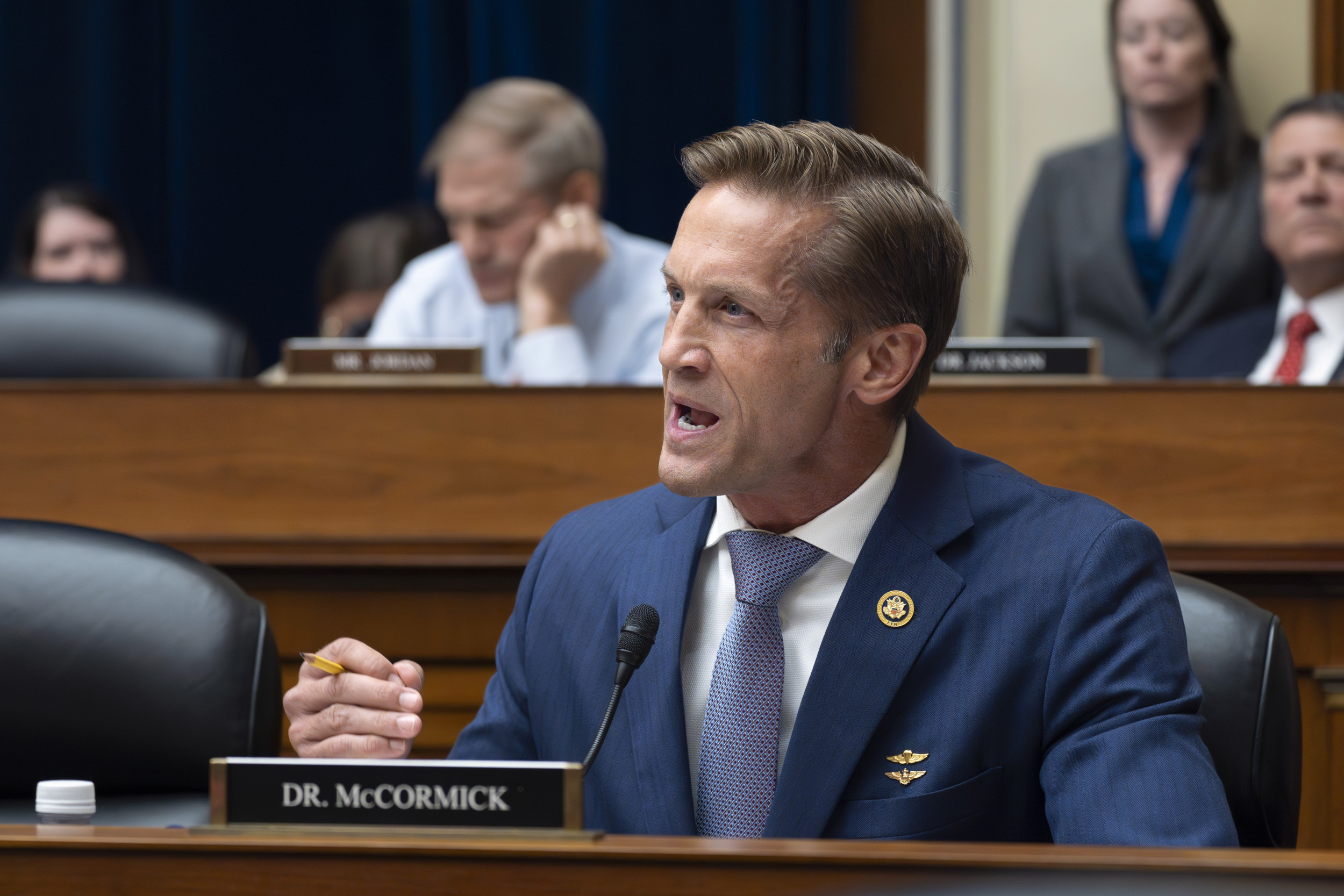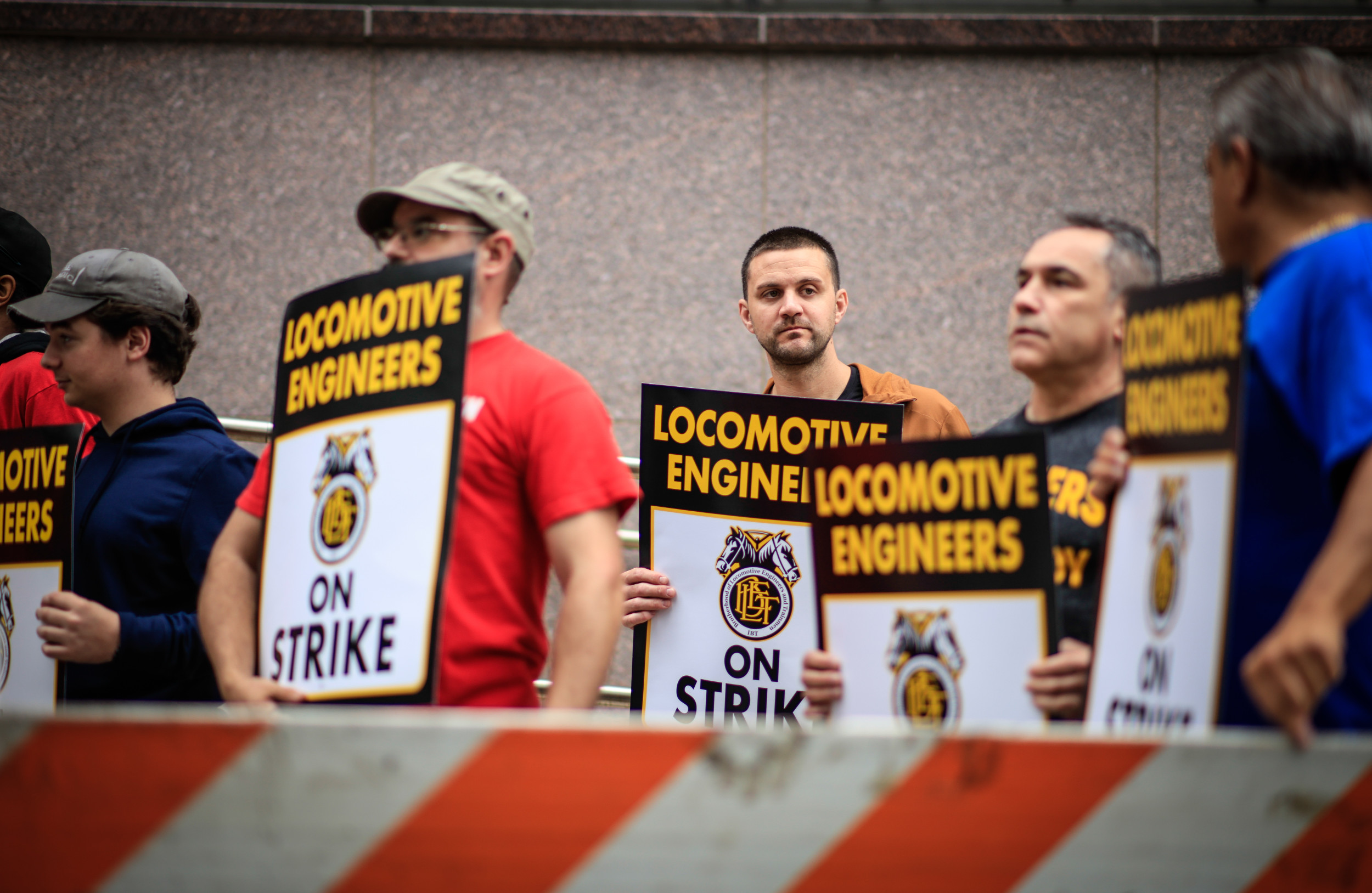
Republican and Democratic lawmakers have joined forces to send a bipartisan letter to Secretary of State Marco Rubio, urging the permanent expansion of a 2024 pilot program that allowed select H-1B recipients to renew their visas domestically.
“I joined a bipartisan push to expand domestic visa renewals for H-1B and other low-risk visa holders. It’s time to modernize our visa system by reducing costs, boosting efficiency, and keeping America competitive,” Representative Rich McCormick, who represents Georgia’s 7th District, said in a post on X, formerly Twitter.
Why It Matters
President Donald Trump has previously backed employment-based visas, especially the H-1B program.
It comes amid renewed scrutiny of employment-based immigration and signals a more restrained approach compared to previous years.
The right is split over H-1B visas, with MAGA-aligned conservatives opposing the program over concerns about job displacement and corporate abuse. Moderate Republicans see it as a tool to fill critical workforce gaps, particularly in the tech sector.

Scott Applewhite/AP
What To Know
In a letter to Rubio on May 7, lawmakers stressed the importance of expanding the State Department’s 2024 pilot program, which allowed certain H-1B visa holders to renew their visas without leaving the country.
They urged the department to establish clear eligibility guidelines and consider including additional visa categories—such as E, H, I, L, O, and P—in future expansions.
The pilot, launched last year, permitted 20,000 qualified H-1B visa holders to complete renewals domestically, provided their biometric data had been previously collected and could be reused. With the program set to expire, lawmakers are advocating for its permanent adoption and broader application to benefit more visa holders.
Democratic Representatives Suhas Subramanyam of Virginia, Ami Bera and Ro Khanna of California, and Shri Thanedar of Michigan jointly sent the letter with Republicans McCormick and Don Bacon of Nebraska.
The letter was also signed by a group of Democratic lawmakers, including Representatives Sanford Bishop (Georgia), Yvette Clarke (New York), Lou Correa (California), Jonathan Jackson (Illinois), Hank Johnson (Georgia), Sarah McBride (Delaware), Jim McGovern (Massachusetts), Deborah Ross (North Carolina), Terri Sewell (Georgia), and Marc Veasey (Texas).
The move has ignited outrage among MAGA supporters on social media, with some voicing strong opposition.
Sectors such as technology, finance, and academia remain among the primary beneficiaries of the H-1B visa program. In 2024, top firms, including Amazon, Google, and Meta, received thousands of H-1B approvals, while Tesla, under Elon Musk‘s leadership, reportedly utilized the program to bring in hundreds of specialized workers from abroad.
The program is subject to an annual cap of 65,000 new visas, with an additional 20,000 slots reserved for applicants who hold advanced degrees from U.S. institutions, according to U.S. Citizenship and Immigration Services (USCIS).
What People Are Saying
Democratic Representative Krishnamoorthi said in a press release on May 7: “The 2024 pilot program for domestic visa renewals was a commonsense success, and now it’s time to build on that momentum. Expanding and formalizing this program will reduce red tape, strengthen our economy, and help ensure that the United States continues to attract and retain the best and brightest talent from around the world.”
Democratic Representative Suhas Subramanyam said in the press release: “The current process to renew H-1B visas is cumbersome and needs to be modernized. This bipartisan proposal, based on a successful bipartisan 2024 pilot program, will help streamline the H-1B process and avoid unnecessary processing delays.”
Benjamin Johnson, executive director for the American Immigration Lawyers Association, said in the press release: “Reinstating the domestic visa renewals pilot program, expanding it beyond the H-1B visa category, and clarifying the eligibility rules is an important step in the effort to modernize the immigration system.”
“It provides an opportunity for the Department of State to alleviate the visa backlog, increase efficiency, stimulate economic growth, and strengthen America’s ability to retain talented individuals.”
X user @godemperorcame said in response to Representative Rich McCormick: “Absolutely not. It’s time for the H1B program to end. There is not a shortage of tech workers. H1B’s should only be used if a citizen cannot fill the role, and that includes a citizen that has the potential to do the role but doesn’t have experience. There are far too many.”
What Happens Next
The debate over the H-1B visa program is expected to continue, reflecting divisions within the ruling Republican Party over H-1B visa policies and the future of America’s workforce.





